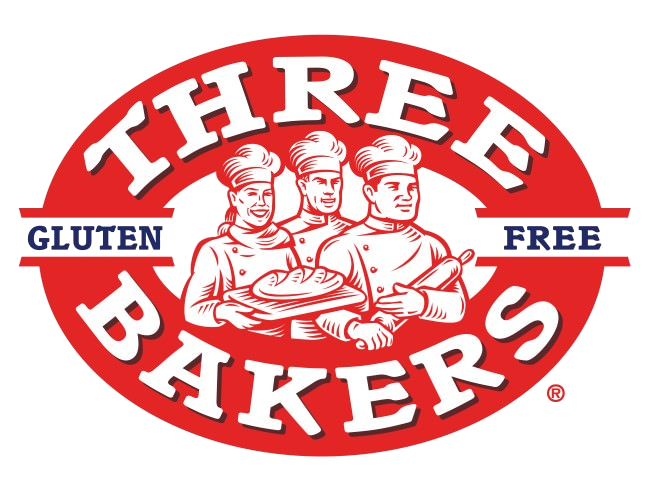- BY Susan Tucker
- POSTED IN Information
- WITH 0 COMMENTS
- PERMALINK
- STANDARD POST TYPE

It can be very overwhelming to find out that your child has a food allergy whether it is mild or it produces severe, life threatening symptoms. It can be beneficial to find out where certain symptoms are coming from but many parents feel very alone when their child gets a food allergy diagnosis and it can be confusing to know where to begin. One in thirteen children have a food allergy of some sort. Learning all you can about kids and food allergies early on will ensure that your child’s allergy can be well controlled.
Kids and Food Allergies
What Is A Food Allergy?
When the body’s immune system comes into contact with a food that it thinks is harmful to the body, this is considered a food allergy. While another child may be able to eat that food with no problem, the child with the allergy will have an immune response that can produce a variety of symptoms. For some kids and food allergies, simply touching a trigger food can produce an allergic response, while other children have to consume the food in order for symptoms to present themselves.
Related: Symptoms of Celiac Disease in Babies
Common Allergens
While a child can virtually be allergic to just about any food there are some common allergens that many children are allergic to. These include:
- Peanuts
- Eggs
- Milk
- Tree nuts
- Wheat / Gluten*
- Fish
- Soy
*There is technically no such thing as an allergy to gluten, but some people who test negative for both celiac disease and a wheat allergy may be sensitive to gluten and experience similar symptoms.
Related: 10 Frustrating Celiac Disease Myths
Symptoms
Symptoms can be very mild and include a few hives or irritated skin. Other children can experience a more severe reaction to food called anaphylactic shock. This immune response can include symptoms such as:
- Swelling
- Hives
- Trouble breathing
- Inflamed airways
- Fainting
If left untreated, anaphylactic shock can be life threatening and this is usually an instance where children are equipped with an Epi pen or emergency medication that will ease symptoms for the time being.
Related: Common Wheat Allergy Symptoms and Reactions
Be Prepared
Once you have taken your child to an allergist and they have been diagnosed with a food allergy, you will want to make a plan for how to deal with this new information. Make sure you are educated on what foods will be a trigger for your child. Remove these foods from the home. You will also want to educate other family members and the child’s school so they know what to expect. Also, have an emergency plan in place in case of a reaction.
There are instances when a child will be able to grow out of their allergy as they get older and their immune systems develop more. For other children, these food allergies can be life long. The best thing parents can do is become educated on food allergies and in turn, educate their children so that these children can stay safe and free from allergic reactions.
Disclaimer: This information is not intended to treat, diagnose, cure or prevent any disease. All material provided on this Site is provided for information purposes only. Always seek the advice of your physician or other qualified health care provider with any questions you have regarding a medical condition, before undertaking any diet, exercise, other health program, or other procedure set out on this Site.


